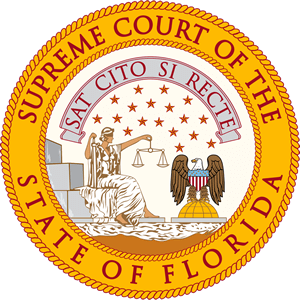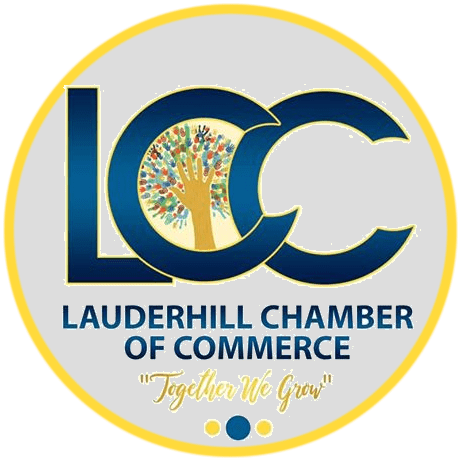
When would I need to have a will or a trust?
Most people entertain the idea of forming a will when a significant life event happens such as a marriage, birth of a child, death of a loved one etc. Sometimes waiting until these events can be too late. Unfortunately none of us know when our time is up. The following are the general characteristics of a will:
1) Covers any property that is only in your name when you die.
2) Does not cover property held in joint tenancy or in a trust.
3) Most people think if they have a will it will bypass the need for probate.
4) Unfortunately this is generally not the case the court oversees the administration of the will and ensures the will is valid and the property gets distributed the way the deceased wanted.
5) allows you to name a guardian for children and to specify funeral arrangements
6) A will must be in writing, and only takes effect upon death
7) you can decide who will manage your children’s inheritance on their behalf and you can choose the age at which you want it to be distributed to them
8) The will is the document in which you name a guardian for your children.
If you do not have a will then the following may happen
1) whoever administers your estate will probably have to post a surety bond
2) If you have minor children, the probate court will have to set up a conservatorship to manage your children’s share of your property.
3) A judge will decide who manages the money upon your death and can give access to the inheritance to your children, whether they can handle it or not
Most people hear the word trust and they think that is just for the wealthy. There are many different types of trusts however, the basic characteristics of a trust are as follows:
1) can be used to begin distributing property before death, at death or afterwards
2) legal arrangement through which one person (or an institution, such as a bank or law firm), called a “trustee,” holds legal title to property for another person, called a “beneficiary.”
3) usually has two types of beneficiaries — one set that receives income from the trust during their lives and another set that receives whatever is left over after the first set of beneficiaries dies
4) In order for property to be included in a trust, it must be put in the name of the trust. Lack of compliance to this requirement the most common mistake of most trusts
5) Passes outside of probate, so a court does not need to oversee the process, which can save time and money, a therefore can remain private.
6) Can be used to plan for disability or to provide savings on taxes.
7) Upon your death, the trust will be immediately transferred to your beneficiary, with no lengthy and costly probate involved.
There are many types of trusts. However the two most common are Irrevocable and Revocable trusts. These two trusts are different in effect and serves very different purposes
Irrevocable trusts:
1) Assets are no longer belonging to the Grantor (you); it now belongs to the trust. It does not mean you do not live in the house or drive the car it, it just means that you don’t own it. The trust can buy and sell houses, and cars, etc.
2) generally cannot be changed, amended, modified or revoked
3) A special power of appointment in the trust document may allow the Grantor the freedom to modify the named beneficiaries
4) Assets owned by this type of trust are not included in the calculation of estate taxes
5) Since this trust owns the assets it protects against claims of creditors, Medicaid, and even divorcing spouses
6) Trustee generally is, and should be, an independent person chosen by the Grantor in order to create a fiduciary duty to protect the assets
7) the trust has its own tax identification number (EIN), files a 1041, and then either pays the tax itself (not typical) or issues a K-1 to the Grantor (or the Beneficiaries if Grantor is deceased) for income which flows through to the recipient’s 1040 return through Schedule E
Revocable Trusts:
1) Grantor retains completed ownership of the property. Therefore the creditor protection is significantly different
2) modified or revoked at the Grantor’s discretion
3) Assets owned by this type of trust are included in the calculation of estate taxes
4) since the Grantor retains full control and power over the assets, s/he is still liable for legal claims against the assets
5) Grantor often also serves as the Trustee, maintaining control over the assets in the trust
6) taxpayer files everything on their 1040 as if they personally owned the assets that generated income – because they do own the assets if they are within a revocable trust
7) the main purpose of a revocable trust is to avoid the process of probate, thus simplifying the transfer of assets to named beneficiaries and removing the probate court from the process.
Special needs trust or supplemental needs trust
1) Purpose of a special needs trust is benefit a disabled, or mentally ill, minor beneficiary,
2) Keep governmental benefits, such as SSI, subsidized housing, Medicaid, etc.
3) trustee can be family members
4) the trustee purchases items with trust assets for the benefit of the beneficiary
5) Pooled trusts (also called community trusts) are a type of special needs trust that are managed by nonprofit organizations and invest the money for multiple families. There is an appointed trustee who purchase things for the beneficiary.
6) Personal Service contracts can allow for family caregivers to charge for services rendered to the beneficiary
Health care Directives or living wills
1) Used when you cannot speak for yourself
2) Updated regularly as modern medicine changes and trustees and beneficiaries move
3) Copies given to your doctor and to loved ones
Download this form for your Estate Planning Checklist
Please print it, fill it out and bring the completed form to your meeting.
Free Consultation Form
Certification




